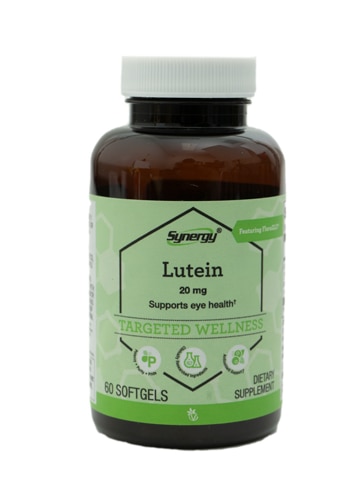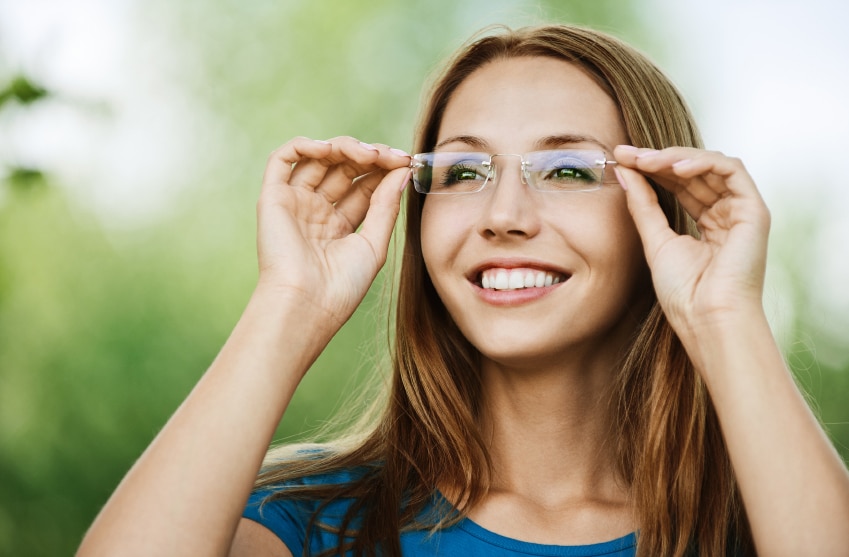You’ve probably heard that your eyes are sensitive to oxidative stress, or free radical damage. Because of this, including antioxidants like beta-carotene – known for protecting against free radical damage – in your diet is important for eye health. But did you know that other nutrients, as well as many lifestyle measures, can also support your eyes? Let’s take a look at some of the top candidates:
Lutein. This powerful antioxidant is found in many fruits and vegetables that you can eat every day, including kale, broccoli, spinach, collard greens, mangoes, zucchini, grapes, oranges, sweet potatoes, tomatoes, corn and squash. Like beta-carotene, lutein is a member of the carotenoids family; in addition, it’s a natural color pigment found in the macula and retina of the eye, and it helps protect these areas of the eye from free radical damage, including UV damage. The dose recommended by the American Macular Degeneration Foundation is 6 to 30 mg daily.*
Taurine. An amino acid, taurine is found in high amounts in the eye, where it acts as an antioxidant and supports optimal eye health. The recommended dose is 500 to 2,000 mg a day.*
Avoiding UV rays. Whenever possible you want to protect your eyes from UV rays because they can contribute to cataracts. A good pair of sunglasses is essential. If you’re a swimmer, consider wearing tinted goggles if you swim between 10 a.m. and 2 p.m., when UV rays are strongest
Maintaining healthy eye moisture. As people get older, their eyes can begin to feel drier because they don’t moisturize as efficiently as they once did. Make sure you’re getting enough fluids; an adequate fluid intake prevents dehydration, which affects cells in every part of your body and can contribute to dry eyes. Menopausal women are especially prone to dry eyes, because hormonal changes can cause all of their mucous membranes to become drier. Eye drops can help, but be sure to use sterile drops that are free of thimerosol and other preservatives. My favorite eye drops, the homeopathic type manufactured by Similisian, are recommended for dry, itchy eyes. I use them when flying long distances, or after being on a computer for long periods of time. For people who live in cold, dry climates, a humidifier can also help relieve dry eyes.
Changing your computer habits. If you spend a lot of time on a computer, you can avoid excessive eye strain by taking regular breaks, and lowering the brightness on your monitor. It may also help to use eye drops, as described above.
Getting adequate sleep. Many people are unaware of the importance of sleep to vision. Your eyes are an extension of your brain, and your brain requires healthy sleep to function properly. In order for your eyes to be able to focus correctly, and to feel lubricated and vital, you need adequate sleep.
Refraining from smoking. Smoking introduces a whole slew of chemicals to a person’s system, many of which are carcinogenic and classified as free radicals. It’s well-known that smoking is one of the risk factors for macular degeneration (along with advanced age, obesity, high cholesterol, a diet high in saturated fat, and high blood pressure).
*This statement have not been evaluated by the Food and Drug Administration. This product is not intended to diagnose, treat, cure or prevent any disease.




